Explore All Articles
All Articles
Article Topic

The small effects of short user corrections on misinformation in Brazil, India, and the United Kingdom
Sacha Altay, Simge Andı, Sumitra Badrinathan, Camila Mont’Alverne, Benjamin Toff, Rasmus Kleis Nielsen and Richard Fletcher
How effective are user corrections in combatting misinformation on social media, and does adding a link to a fact check improve their effectiveness? We conducted a pre-registered online experiment on representative samples of the online population in Brazil, India, and the United Kingdom (N participants = 3,000, N observations = 24,000).
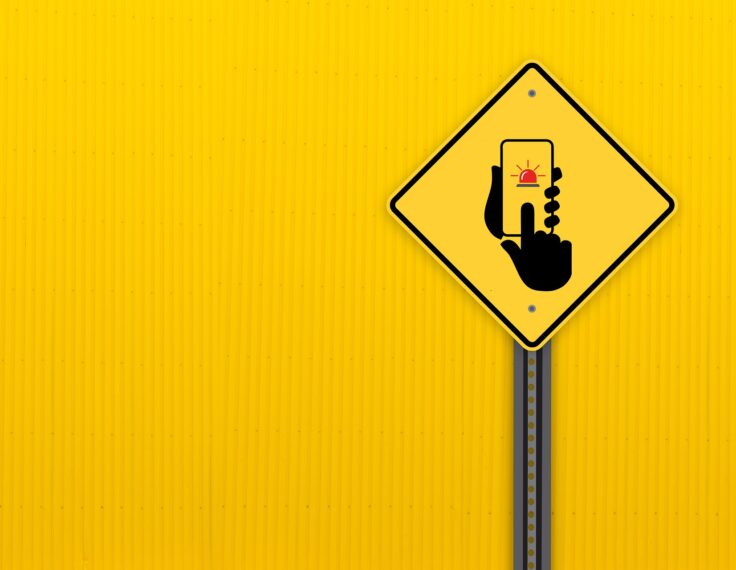
Journalistic interventions matter: Understanding how Americans perceive fact-checking labels
Chenyan Jia and Taeyoung Lee
While algorithms and crowdsourcing have been increasingly used to debunk or label misinformation on social media, such tasks might be most effective when performed by professional fact checkers or journalists. Drawing on a national survey (N = 1,003), we found that U.S. adults evaluated fact-checking labels created by professional fact checkers as more effective than labels by algorithms and other users. News

Correcting campaign misinformation: Experimental evidence from a two-wave panel study
Laszlo Horvath, Daniel Stevens, Susan Banducci, Raluca Popp and Travis Coan
In this study, we used a two-wave panel and a real-world intervention during the 2017 UK general election to investigate whether fact-checking can reduce beliefs in an incorrect campaign claim, source effects, the duration of source effects, and how predispositions including political orientations and prior exposure condition them.
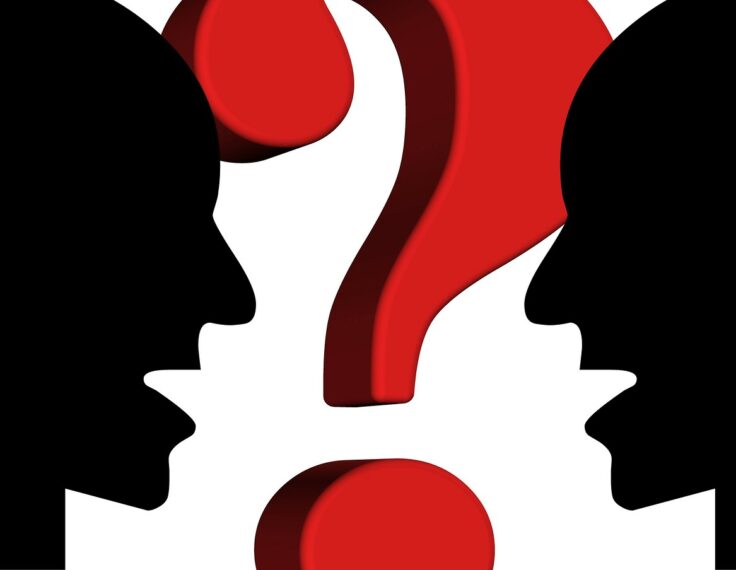
“Fact-checking” fact checkers: A data-driven approach
Sian Lee, Aiping Xiong, Haeseung Seo and Dongwon Lee
This study examined four fact checkers (Snopes, PolitiFact, Logically, and the Australian Associated Press FactCheck) using a data-driven approach. First, we scraped 22,349 fact-checking articles from Snopes and PolitiFact and compared their results and agreement on verdicts. Generally, the two fact checkers agreed with each other, with only one conflicting verdict among 749 matching claims after adjusting minor rating differences.
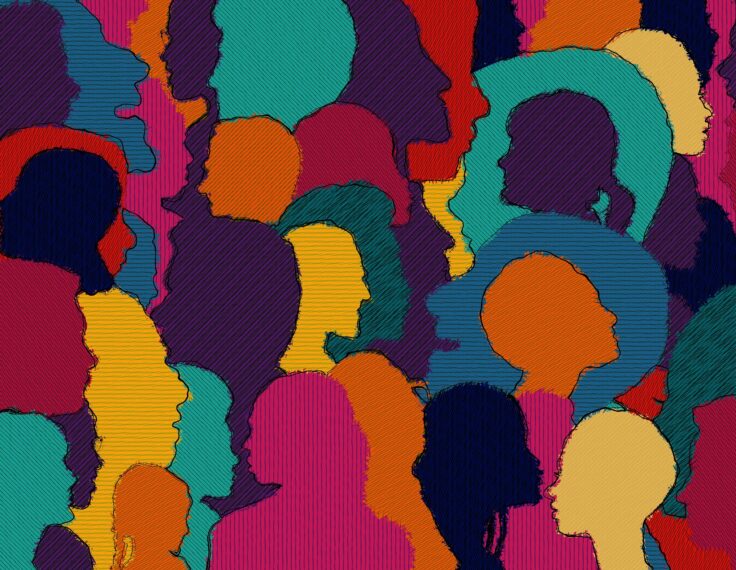
Designing misinformation interventions for all:
Perspectives from AAPI, Black, Latino, and Native American community leaders on misinformation educational efforts
Angela Y. Lee, Ryan C. Moore and Jeffrey T. Hancock
This paper examines strategies for making misinformation interventions responsive to four communities of color. Using qualitative focus groups with members of four non-profit organizations, we worked with community leaders to identify misinformation narratives, sources of exposure, and effective intervention strategies in the Asian American Pacific Islander (AAPI), Black, Latino, and Native American communities.
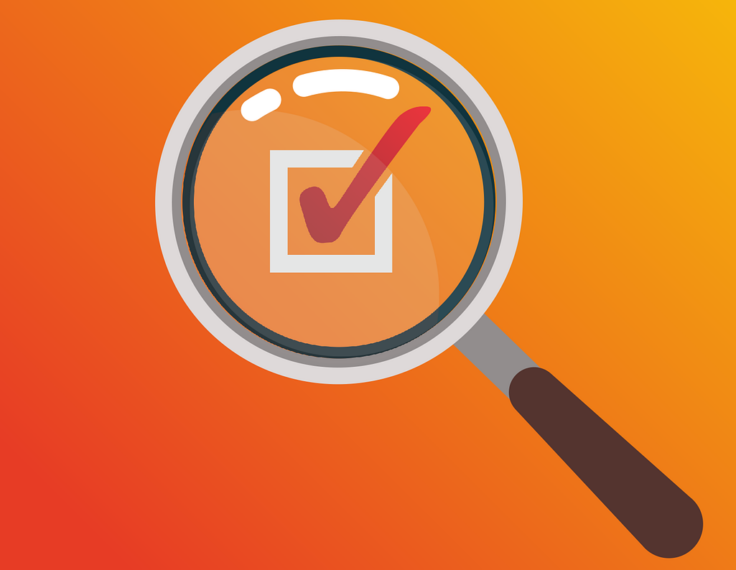
Fact-checking Trump’s election lies can improve confidence in U.S. elections: Experimental evidence
Catie Snow Bailard, Ethan Porter and Kimberly Gross
As the 2020 campaign unfolded, with a mix of extraordinary embellishments and outright falsehoods, President Trump’s attacks on the integrity of the U.S. electoral system grew louder and more frequent. Trump-aligned Republican candidates have since advanced similar false claims in their own campaigns in the lead-up to the 2022 midterm elections.

Measuring the effect of Facebook’s downranking interventions against groups and websites that repeatedly share misinformation
Emmanuel M. Vincent, Héloïse Théro and Shaden Shabayek
Facebook has claimed to fight misinformation notably by reducing the virality of posts shared by “repeat offender” websites. The platform recently extended this policy to groups. We identified websites and groups that repeatedly publish false information according to fact checkers and investigated the implementation and impact of Facebook’s measures against them.
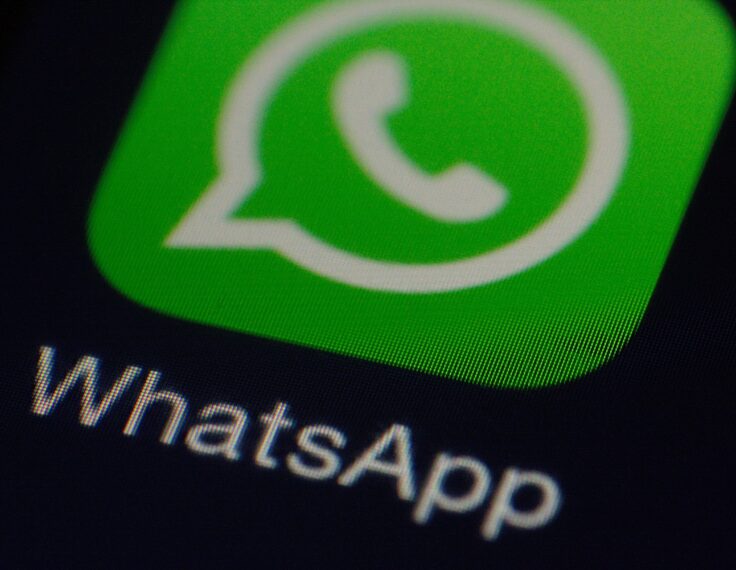
Research note: Tiplines to uncover misinformation on encrypted platforms: A case study of the 2019 Indian general election on WhatsApp
Ashkan Kazemi, Kiran Garimella, Gautam Kishore Shahi, Devin Gaffney and Scott A. Hale
There is currently no easy way to discover potentially problematic content on WhatsApp and other end-to-end encrypted platforms at scale. In this paper, we analyze the usefulness of a crowd-sourced tipline through which users can submit content (“tips”) that they want fact-checked.

Review of social science research on the impact of countermeasures against influence operations
Laura Courchesne, Julia Ilhardt and Jacob N. Shapiro
Despite ongoing discussion of the need for increased regulation and oversight of social media, as well as debate over the extent to which the platforms themselves should be responsible for containing misinformation, there is little consensus on which interventions work to address the problem of influence operations and disinformation campaigns.
